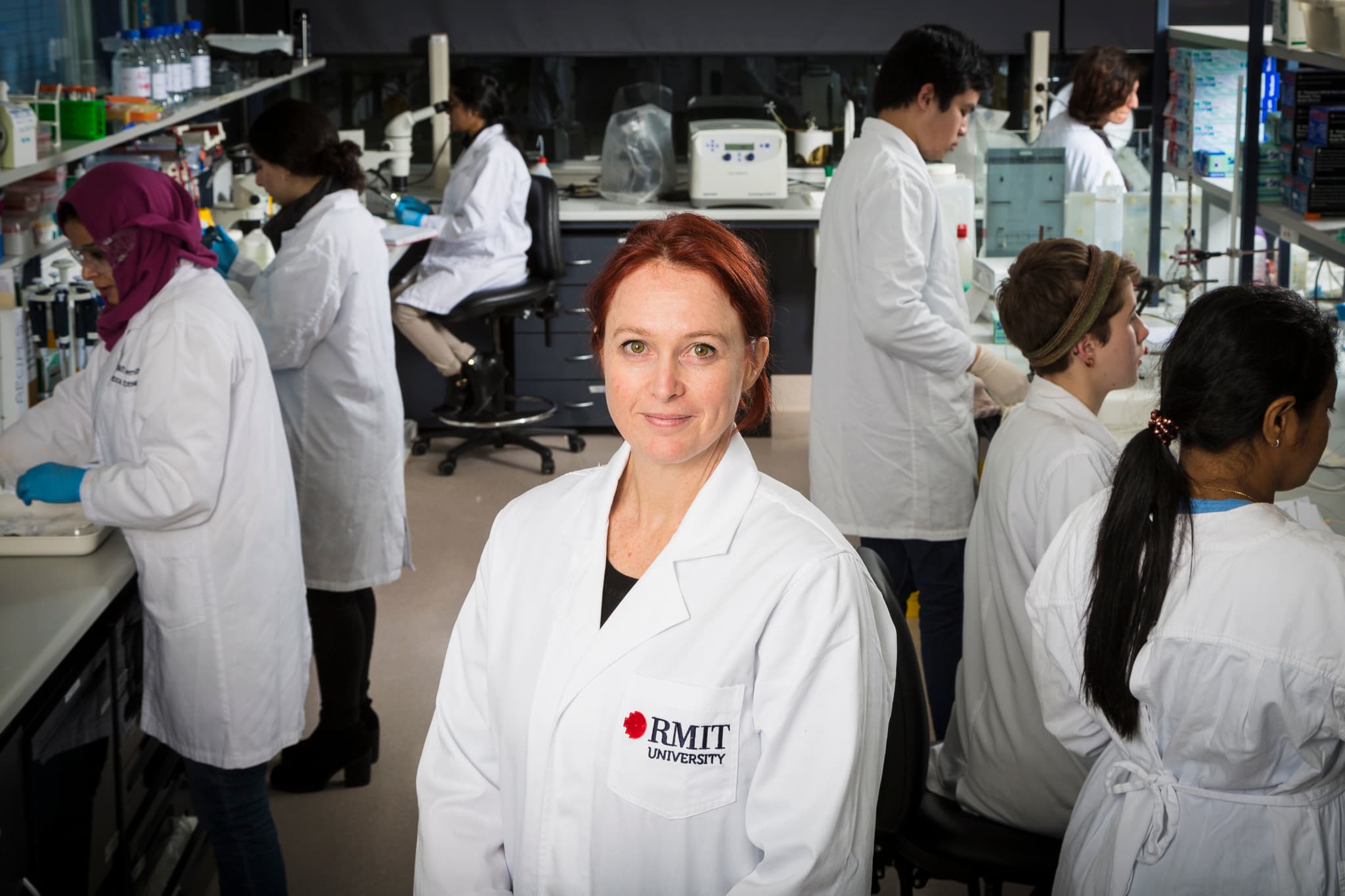Enterprise Solutions
Research
New autism research to change the way children are fed in ECEC

Freya Lucas
May 31, 2019
Save
Researchers have been successful in confirming that a link exists between the gut nervous system and the brain nervous system for people living with autism, discovering that the same gene mutations – found both in the brain and the gut – could be the reason many people with autism suffer from gut problems.
Could this discovery lead to a rethink as to what we feed children living with autism and attending early childhood education and care (ECEC) services?The discovery, researchers said,opens up a new direction in the search for potential treatments that could ease behavioural issues associated with autism by targeting the gut.
Chief Investigator Associate Professor Elisa Hill-Yardin from RMIT University, said scientists trying to understand autism have long been looking in the brain, but links with the gut nervous system have only recently been explored.
“We know the brain and gut share many of the same neurons and now for the first time we’ve confirmed that they also share autism-related gene mutations,” Ms Hill-Yardin said.
She outlined that up to 90 per cent of people with autism suffer from gut issues, which can have a significant impact on daily life for them and their families.
Many children with autism spectrum disorder (ASD) experience gastrointestinal symptoms such as abdominal pain, constipation and diarrhea, comparable with their peers. Additionally, the sensory component of ASD may mean children experience selective eating, preferring highly processed foods, and eating fewer fruits, vegetables and whole grains, which can lead to nutritionally poor diets and weight related health issues, extending into adulthood.
“Our findings suggest these gastrointestinal problems may stem from the same mutations in genes that are responsible for brain and behavioural issues in autism.” Ms Hill-Yardin said.
“It’s a whole new way of thinking about it - for clinicians, families and researchers - and it broadens our horizons in the search for treatments to improve the quality of life for people with autism.”The study revealed a gene mutation that affects neuron communication in the brain, and which was the first identified as a cause of autism, also causes dysfunction in the gut.
The research brings together new results from pre-clinical animal studies with previously unpublished clinical work from a landmark 2003 study led by Swedish researchers and a French geneticist.
The study of two brothers with autism by Professor Christopher Gillberg (University of Gothenburg), Professor Maria Råstam (Lund University) and Professor Thomas Bourgeron (Pasteur Institute) was the first to identify a specific gene mutation as a cause of the neurodevelopmental disorder.
This mutation affects communication by altering the “velcro” between neurons that keeps them in close contact.
While the 2003 study was focused on identifying the genetic basis for autism, detailed clinical notes of the brothers’ significant gastrointestinal problems were also taken.
The new research built on this clinical work with a series of studies on the function and structure of the gut in mice that have the same “velcro” gene mutation. Collaborator Associate Professor Ashley Franks from La Trobe University also found significant differences in the gut microbes of mice with the mutation and those without it, even though both groups were kept in identical environments.
Although the specific “velcro” mutation is rare, it is one of more than 150 autism-related gene mutations that alter neuronal connections, Ms Hill-Yardin said, adding;
“The link we’ve confirmed suggests a broader mechanism, indicating that the mutations that affect connections between neurons could be behind the gut problems in many patients.”In the future, researchers hope to use studies like these to learn more about the connection between gut health and improving mood and behaviour in those living with ASD.
“While this wouldn’t reverse the gene mutation, we might be able to tone down its effects, and make a real difference in the quality of life for people with autism and their families.” Ms Hill-Yardin said.
The research will be published in a forthcoming edition of Autism Research.
Don’t miss a thing
Related Articles



















